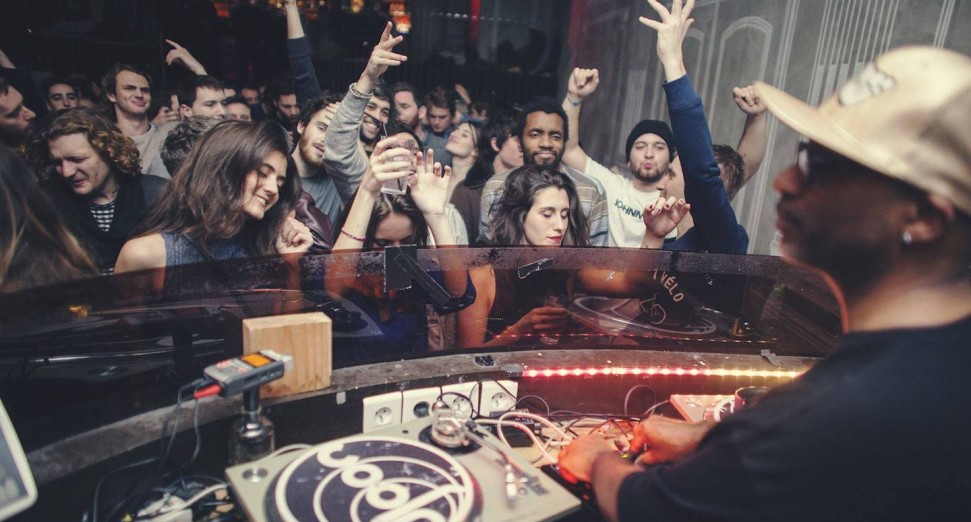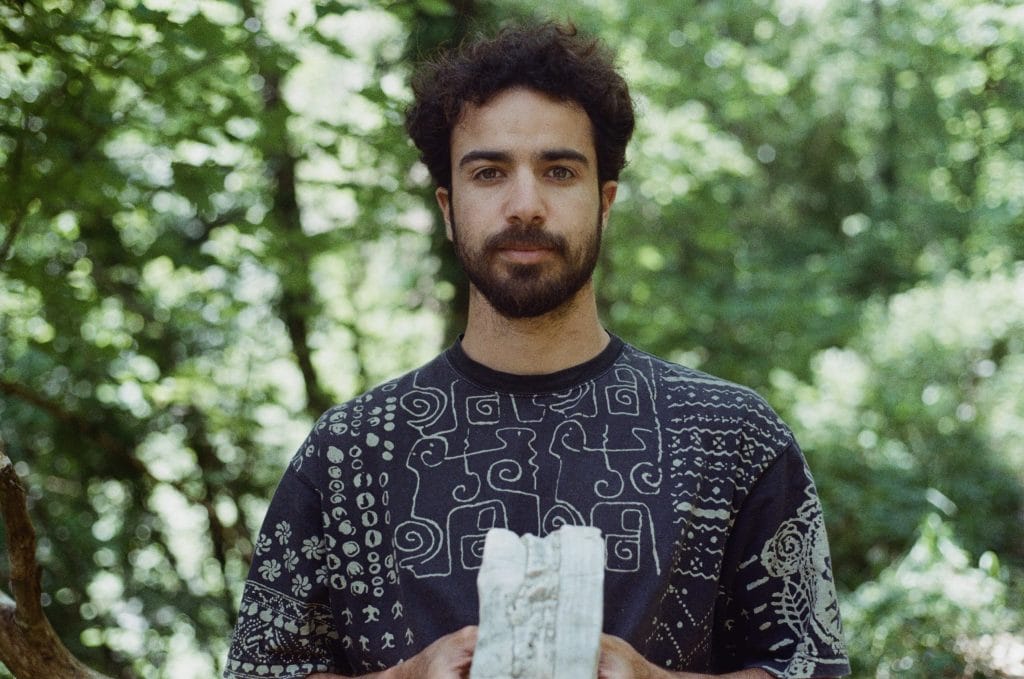
Spotify Pushes Back on Fake Artist Claims, Calls AI a Creative Tool
According to Brand Equity, at a press briefing held at Spotify’s Stockholm headquarters, CEO Daniel Ek addressed growing industry concerns surrounding the rise of artificial intelligence in music production. His position was clear: AI is not a threat to musicians—it’s a catalyst for expanding access and creativity.
Ek pushed back against narratives suggesting machine-generated songs might replace human artistry. Instead, he framed AI as another phase in music’s long arc of technological disruption—more of an evolution than a revolution. Referencing earlier pushback against electronic and hip-hop music, Ek drew a line from Mozart composing symphonies in his head to modern tools that allow anyone to sequence music in minutes. The shift, in his words, is less about replacing artists and more about removing friction from the creative process.
While he acknowledged the risks of AI—including ethical concerns and possible misuse—Ek emphasized the potential upside: a dramatic increase in creative output as more people gain access to powerful tools that once required years of training or expensive studio infrastructure. “The barriers for creation are becoming lower and lower,” he said. “More and more people will create.”
Spotify’s recent growth numbers reflect confidence in its expanding global reach. As of March 2025, the platform reported 678 million monthly users, including 268 million paying subscribers. Ek noted the company now has over 100 million paying users in Europe alone and repeated his long-term ambition for Spotify to surpass one billion paying subscribers worldwide.
Balancing Accessibility with Authenticity in the AI Music Debate
The conversation around AI’s role in music has grown louder, in part due to investigations like those from Swedish newspaper Dagens Nyheter and the book Mood Machine. These sources allege Spotify commissioned producers to create thousands of songs under fabricated artist names—AI-generated tracks that allowed the company to sidestep higher royalty payouts.
Spotify has denied these accusations, stating its intention is to promote human creators and support artist careers. But the tension raises bigger questions around where creativity begins and how platforms define authenticity. Ek was candid about the uncertainty: “What is music? What is creativity in the future with AI? I don’t know.” That ambiguity reflects a broader industry shift. For decades, music production has moved steadily toward democratization—lower costs, simplified tools, faster output. AI simply accelerates that trend.
In this context, Spotify’s stance becomes less about replacing musicians and more about redefining what it means to be one. As tools like AI-assisted composition and voice cloning become more accessible, the platform is preparing for a future where the line between casual creator and professional artist becomes increasingly blurred.
Ek’s view is pragmatic: technology will keep evolving, and the industry will need to evolve with it. From turntables to DAWs to AI plugins, disruption has always been part of music’s growth cycle. The key challenge going forward isn’t whether AI belongs in music—it’s how the industry ensures that its use supports rather than exploits creators.



